
Stay ahead in the digital world
Weimicms brings you the latest updates, in-depth analyses, and expert insights across hardware, gaming, smartphones, and everything tech. From breakthrough innovations to practical guides, we cover what matters in the computing landscape.
Explore Tech Topics
Dive into comprehensive coverage across all areas of technology

Everything Tech in One Place
Weimicms delivers comprehensive coverage of the technology landscape. Whether you're tracking the latest smartphone releases, diving into gaming trends, or exploring cutting-edge hardware, our editorial content keeps you informed and inspired.
Learn more →Latest articles
Our recent publications


How is UK computing hardware addressing energy efficiency concerns?
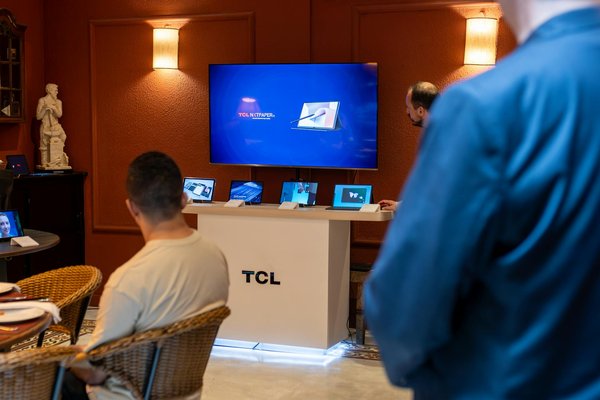
How is UK computing hardware influencing the development of smart homes?

What Are the Key Innovations in UK High-Tech Computing?

What Are the Latest Innovations in UK's High-Tech Industry?
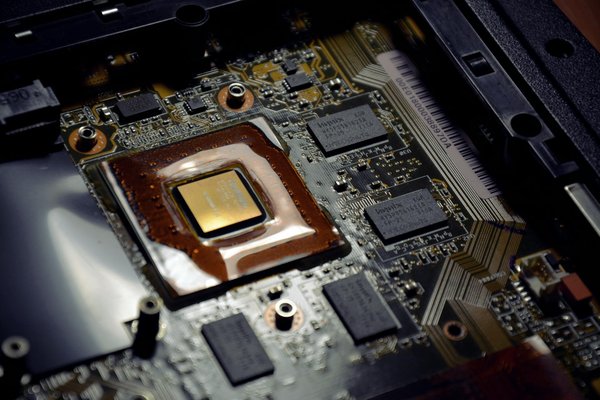
What impact does the tech sector have on the UK's economy?

How Can Innovations in Internet Technologies Transform Society?

How Can UK Internet Infrastructure Support Emerging Technologies?
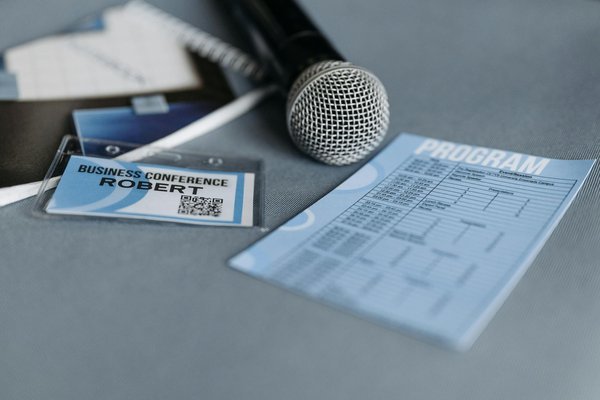
What Are the Challenges Facing the Implementation of Artificial Intelligence in Everyday Life?
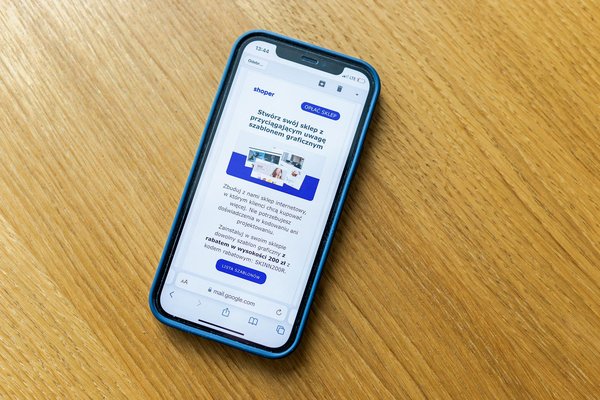
How can UK companies leverage IoT for innovative marketing solutions?

What innovative content marketing strategies are UK tech companies adopting?

What strategies can UK marketers adopt for data privacy compliance?

How Does Recent UK Computing News Shape the Future of Technology?

How is UK Computing Shaping the Future of Technology Innovation?
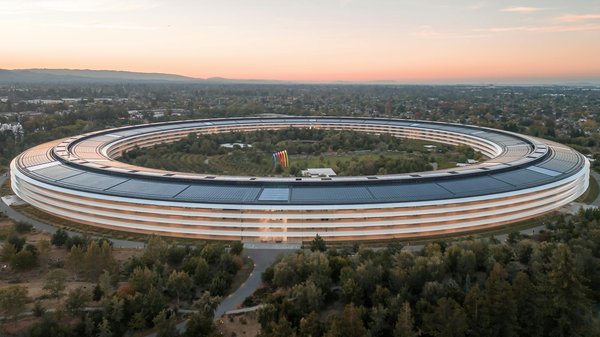
What Are the Latest Predictions for UK Computing Trends in 2024?

What are the top smartphone apps popular among UK users?
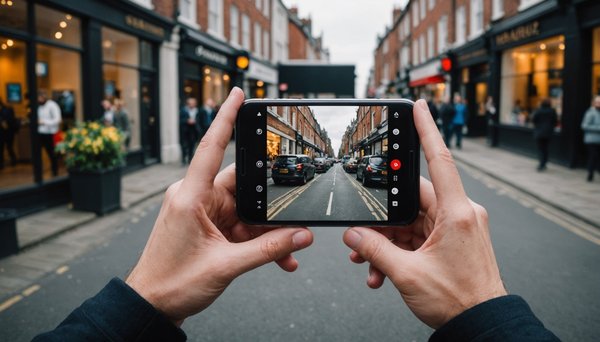
What are the top smartphone camera innovations in the UK?

What Factors Should You Consider When Choosing the Right Smartphone in the UK?

How Do Video Games Impact Cognitive Skills Development?

What Are the Benefits of Video Games in Modern Computing?

What role does government policy play in UK video game innovation?
Never Miss a Tech Update
Get the latest articles, guides, and analyses delivered straight to your inbox. Stay informed about hardware releases, gaming news, smartphone reviews, and digital trends shaping tomorrow.
Rejoindre →